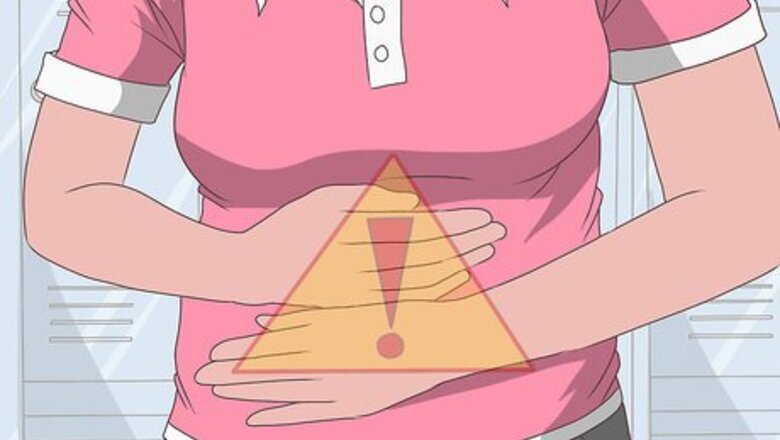
views
X
Trustworthy Source
Centers for Disease Control and Prevention
Main public health institute for the US, run by the Dept. of Health and Human Services
Go to source
There are also some symptoms that you can watch for that may indicate that you have a tapeworm, but it is necessary to get a diagnosis to be sure.
Identifying Symptoms
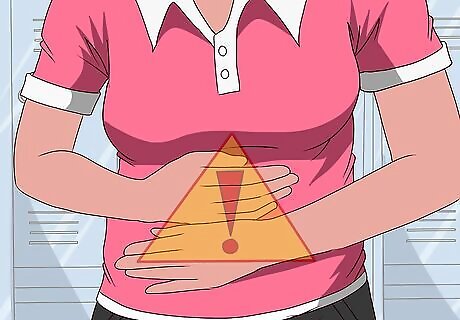
Check for common symptoms. A tapeworm can cause a variety of different symptoms that mimic other medical conditions, or it may cause no symptoms at all. Because of this, it can often be hard to tell if you have a tapeworm just by looking for symptoms. Nevertheless, being familiar with the most common symptoms may help you to determine if you need to see a doctor. Some of the common symptoms of tapeworm include: Abdominal pain Weight loss Excessive appetite or loss of appetite Weakness

Examine your stools. One way to tell if you have a tapeworm is to examine your stools for pieces of the worm. If you notice any particles that look like grains of white rice, then you may have a tapeworm infection. These small white segments contain eggs from the tapeworm.

Pay attention to your appetite. It is common to lose your appetite when you have a tapeworm, but some people experience an increase in appetite. This is more common if you got a tapeworm by eating undercooked beef or pork. Watch for any unusual changes in your appetite.
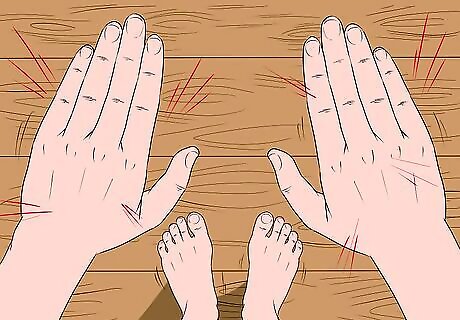
Look for anemia symptoms. Tapeworm caused by eating undercooked fish may lead to a vitamin B12 deficiency because the tapeworm may be sucking up all of the vitamin in your body. This may cause you to become anemic because your body needs vitamin B12 to make red blood cells. Symptoms of anemia caused by a vitamin B12 deficiency include: A pins and needles sensation in your hands and feet Loss of sensation in your hands (no sense of touch) Wobbly walk and trouble walking Feeling clumsy and stiff Dementia

Watch for symptoms of a larvae infection. In some cases of tapeworm, the larvae may hatch and work their way through your intestinal wall and into other parts of your body. There are different symptoms associated with this type of tapeworm and they include: Frequent, painful coughing Headaches Seizures Fever Allergic reactions such as wheezing, sneezing, itching, a rash, and swelling
Getting a Diagnosis

Make an appointment with your doctor. Although a tapeworm infection has some obvious symptoms, the only way to be sure that you have one (and not some other parasite or virus) is to see your doctor for a diagnosis. Your doctor will do a physical examination and order lab work to confirm whether or not you have a tapeworm.
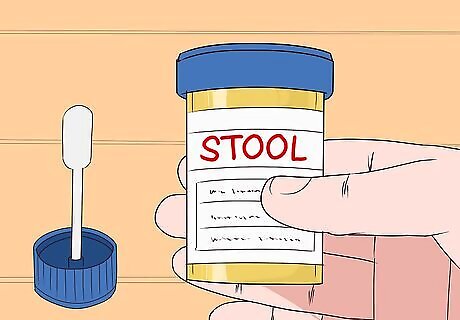
Collect a stool sample if necessary. One way that your doctor can determine whether or not you have a tapeworm is by ordering a lab analysis of your feces. Before your appointment, ask if you will need to collect a stool sample.
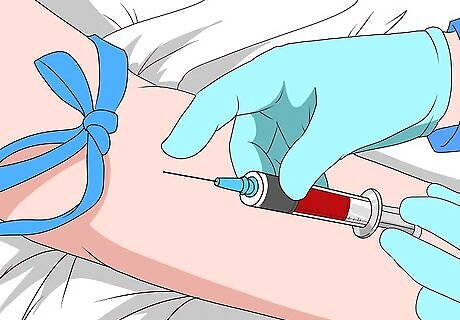
Get a blood test. If a stool sample shows negative results and you have symptoms that indicate that you may have a tapeworm, then you may need to get a blood test. A lab analysis of your blood will show whether or not you have been infected with a parasite.
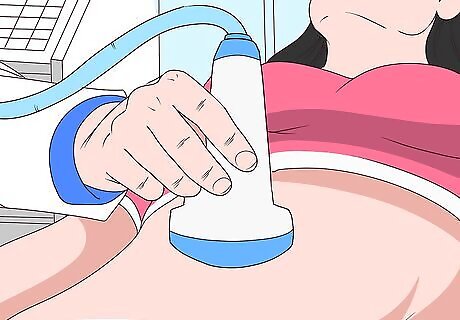
Undergo an imaging test. If you do have a tapeworm, your doctor may want you to have a CT (computed tomography), ultrasound, or MRI (magnetic resonance imaging) to see if it has caused damage to other parts of your body. These tests are not painful, but they may be a little uncomfortable and time consuming.
Treating Tapeworm
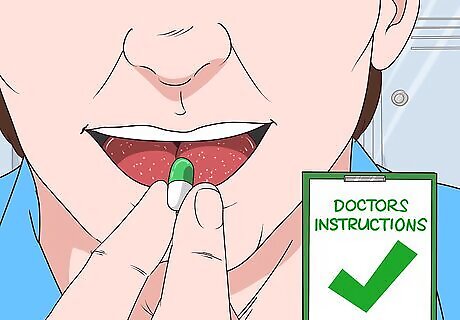
Take medication to help pass the tapeworm. Your doctor will prescribe a medication to help you pass the tapeworm. Carefully follow your doctor's instructions when you take your medication. The most common medications prescribed to treat a tapeworm infection include: Praziquantel (Biltricide). This medication works by killing certain worms. Do not take this medication if you are pregnant or breastfeeding, allergic to any ingredient in the medication, have a worm infection in your eye, or if you are on rifampin. Albendazole (Albenza). This medication prevents newly hatched worms from growing in your body. It treats specific types of tapeworm infections, including those you get from eating pork and from being around infected dogs. Nitazoxanide (Alinia). This medication is mainly used to treat parasites that you pick up from swimming in a lake or spending time in other moist places.
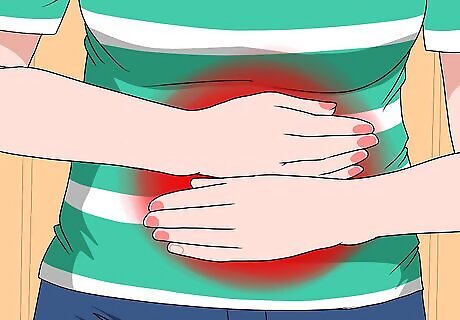
Expect some pain and cramping. If you have to pass a large tapeworm, it is likely that you will have some pain and cramping. This is normal, but make sure that you call your doctor if the pain becomes severe.

See your doctor for a follow-up visit. To ensure that you are tapeworm free, your doctor will need to check your stools again one month following your treatment and then again three months after your treatment. Make sure that you keep this appointment even if you are feeling fine.



















Comments
0 comment